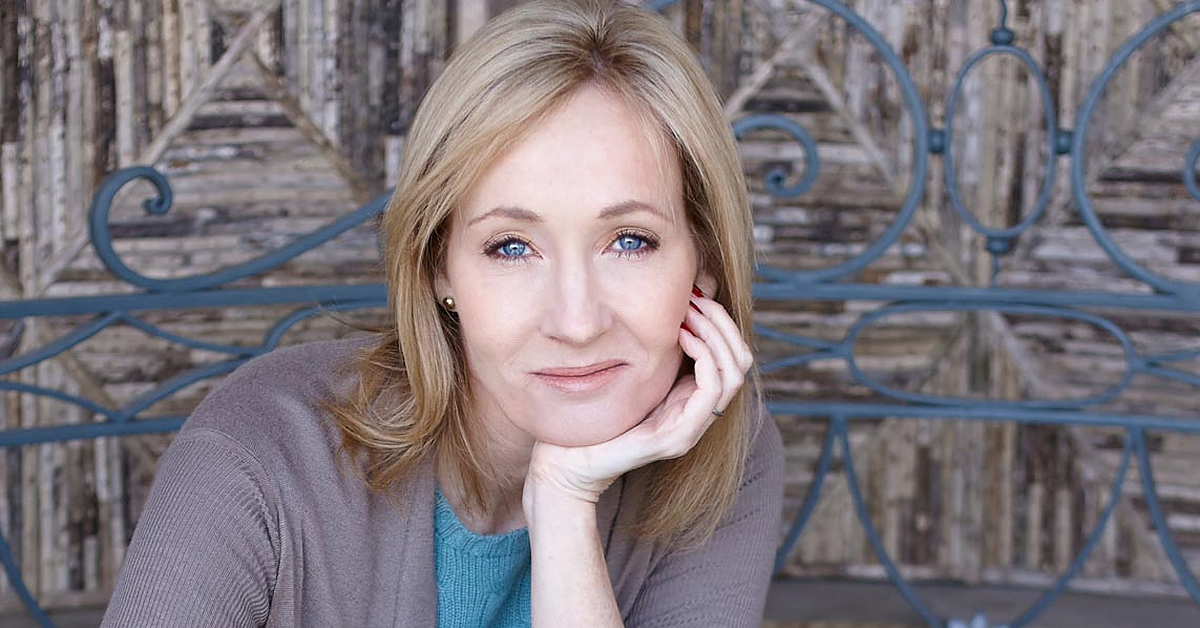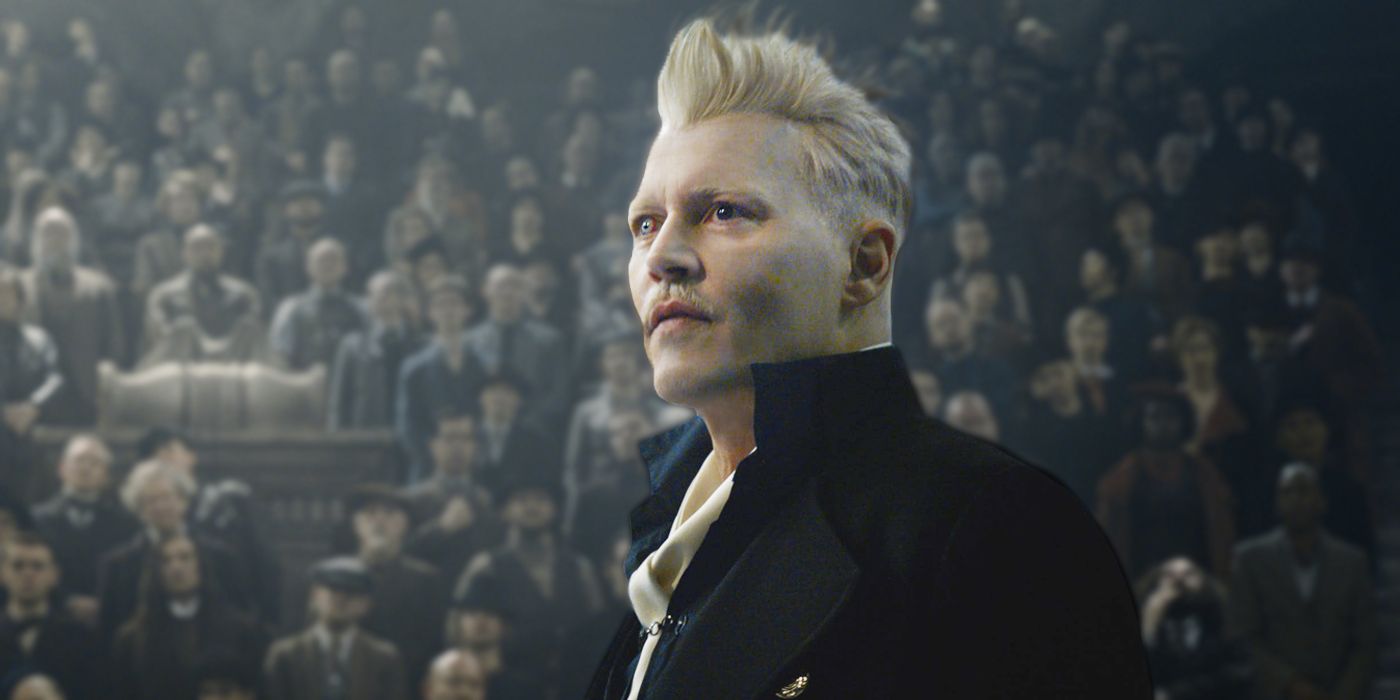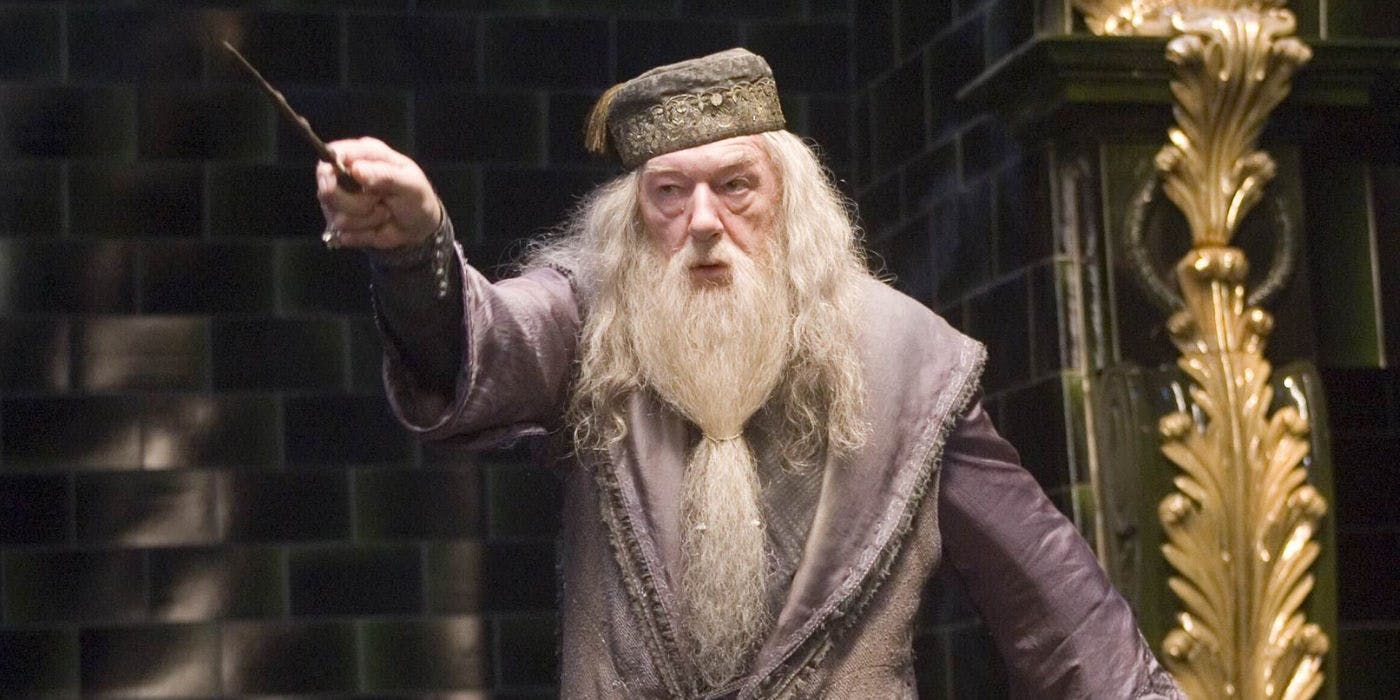Harry Potter author J.K. Rowling has long had an uncomfortable dynamic of repeatedly liking transphobic tweets and following trans-exclusionary radical feminists (TERFs) on Twitter. Her spokespeople have referred to the likes as "middle-aged moments" that didn't signal agreement so much as poor use of technology, and described the follows as being people she found interesting but didn't necessarily agree with. Rowling herself had avoided making public statements about transgender issues in either direction.
However, that changed Wednesday, when Rowling wrote in support of Maya Forstater, a tax expert whose contract with the Centre for Global Development wasn't renewed due to a series of transphobic tweets opposing the Gender Recognition Act and actively misgendering transgender individuals.
Rowling minimizes the situation, claiming women are being forced out of their jobs "for stating that sex is real." Looking at the facts of the legal case paints a different picture, however. According to solicitor Louise Rea, "Employment Judge Tayler acknowledged that there is nothing to stop the claimant campaigning against the proposed revisions to the Gender Recognition Act or, expressing her opinion that there should be some spaces that are restricted to women assigned female at birth. However, she can do so without insisting on calling transwomen men. It is the fact that her belief necessarily involves violating the dignity of others which means it is not protected under the Equality Act 2010."
While Rowling advocates for many progressive political causes, this is not the first instance of the billionaire author disappointing progressive fans. Many Native Americans, for instance, found Rowling's treatment of Native American culture in the "Magic in America" writings on Pottermore to be stereotypical and appropriative, criticisms Rowling herself didn't respond to. There was also controversy around Rowling's defense of the casting of Johnny Depp as Grindelwald in the Fantastic Beasts movies, following the accusations of domestic abuse against the actor. That's on top of her various, much less serious, but still highly mockable after-the-fact announcements about Harry Potter canon, such as how wizards used to poop their pants.
The Cormoran Strike series, written by J.K. Rowling under the pen name Robert Galbraith, have touched both directly and indirectly on transgender issues in ways that look all the worse in light of Rowling's decision to ally herself with TERFs. The second novel in the series, The Silkworm, includes a transgender woman, Pippa Midgley, who is portrayed as violent and unhinged, and whom the protagonist threatens with the prospect of sexual assault in a male prison. The third book, Career of Evil, features an extended side plot dealing with the "transabled" community that could be interpreted as a coded criticism of the transgender community. The BBC TV adaptation of the series notably cut out both of those potentially transphobic plot points.
Many commentators have noted that TERF beliefs are more culturally prominent in the United Kingdom than in the United States. Whereas the American debate over transgender rights is generally split along left-vs.-right political lines, the left in the U.K. is more divided on the subject. Graham Linehan, the Irish comedian behind such British TV shows as Father Ted and The IT Crowd, has emerged as one of the most virulently transphobic activists online. His attempts to defund the trans youth charity Mermaids U.K. inspired YouTuber H.Bomberguy's massively successful Donkey Kong 64 livestream for the charity in response.
So, what are Harry Potter fans, especially those in the LGBTQ+ community, to make of Rowling's questionable-at-best stances on transgender issues? At times like these, when the author of such a generation-defining book series is acting so disappointingly, it's perhaps more important than ever to remember the message of the Dumbledore storyline in Harry Potter and the Deathly Hallows: that sometimes, our heroes are not who we thought they were, and that they are just as capable of doing awful things as they are of doing great ones. Rowling's transphobia doesn't negate how powerful and important the Harry Potter books were, but it's also fine if your feelings of the works are more complicated in light of this and other Rowling controversies.
Fans can also take some comfort in the knowledge that Daniel Radcliffe and Emma Watson, who starred as Harry Potter and Hermione Granger in the blockbuster films, don't share Rowling's views and have been highly involved in activism for transgender rights.
On top of all that, it's extremely ironic that Rowling is taking the stance that sex assigned at birth should determine how people are referred to when the Harry Potter books themselves point out the dangers of forcing people into arbitrary, preassigned categories. If a trans woman is to be called a man because of her sex assigned at birth, then Harry Potter should be called a Slytherin because of how the Sorting Hat would have assigned him had he not chosen otherwise.



